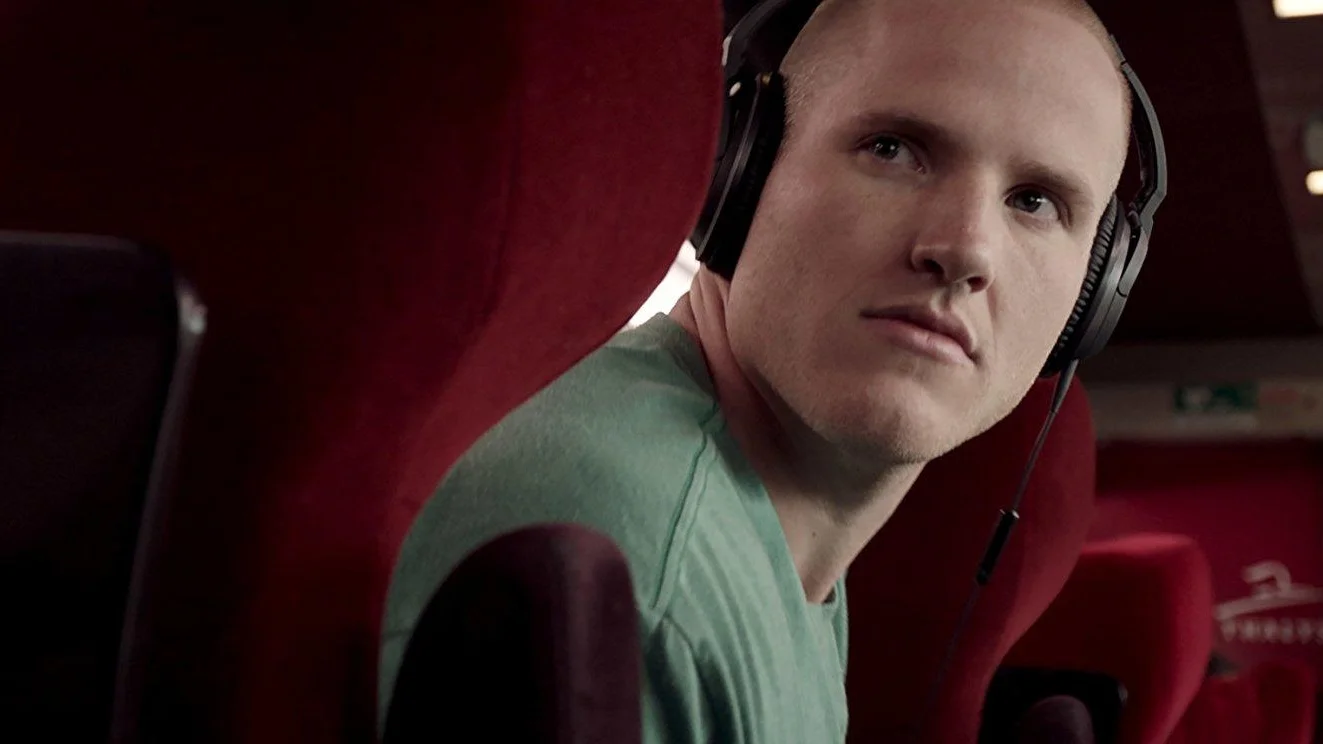Review: The Cloverfield Paradox
This review will be as spoiler-free as possible. Although, in order to discuss this film, some things will need to be discussed.
The film, previously known as God Particle, and as we all now know it now, given the instant cultural moment of a Super Bowl ad, The Cloverfield Paradox, takes the franchise in yet another direction, to mixed results. The first Cloverfield was a creature feature/kaiju attack movie. 10 Cloverfield Lane was a claustrophobic, survival thriller. The Cloverfield Paradox, if one were to attempt a categorization, fits into the trippy, ‘70s-style sci-fi vein pretty well, if with an improved budget.
To start, we get the source of the name for this series in the first act, and when it’s mentioned, it makes a ton of sense. Due to an energy crisis, a crew on a space station tries to harness unlimited energy from a particle accelerator. Character introductions happen as you’d expect, as we get a good sense of personalities, conflicts, and history.
It’s to The Cloverfield Paradox’s production design and set crew’s credit that the setting definitely feels lived-in, here—there’s no danger of feeling the surroundings are too new or untouched. Every surface in the film has this weight to it, as though it’s been put through the paces and isn’t afraid to show it.
The cast is uniformly made of some great actors, who do pretty uniformly great work, if nothing groundbreaking. Gugu Mbatha-Raw puts in a solid performance as the main character of the film, and grounds her scenes well. Daniel Brühl’s performance is pretty in line with what one might expect from a Daniel Brühl character, if you know his previous work. Elizabeth Debicki puts in fine turn as a character whose motivations are unknown for most of the film’s runtime, though her character has a moment that feels wildly out of place. You’ll know it when you see it.
The Cloverfield Paradox’s greatest benefit is its sense of discovery, as after the first act, there’s much for these characters to figure out. The core cast play consummate professionals, breaking down their shared problem within their own disciplines and diving in to help each other when needed. The second act gets pretty weird and delves into some body horror that really backs up the trippy sci-fi genre choice, too.
These positives aside, there are some weaknesses. The trippy sci-fi choice is certainly fresh for the Cloverfield series, but some choices made in the script and story feel as though they’re more compulsory than anything else—it feels as if they have to be a trippy sci-fi story, rather than focusing on essential elements to tell this specific story.
Also, there’s a B-story that doesn’t do the pacing any favors and leaves a character spending much of their screen time simply reacting on one end of a phone conversation.
The final act is also kind of a mess, in general—character choices that are hard-won in the second act are disregarded to inject last-minute tension that doesn’t totally work. And I’m not one for nitpicks, but the film ends a single shot too late, maybe even just a single second (I had this same issue with 10 Cloverfield Lane, for the record).
There’s still a boat load of fun to be had with The Cloverfield Paradox, don’t get me wrong. I love the new direction this entry takes the series in, and I love that the series continues to attract great actors to pulpy, high concepts, giving them fun characters to play. Here’s hoping the next entry (which is apparently already shot) is stronger on character and story, and that it sticks the landing.
The Cloverfield Paradox is now on Netflix.













